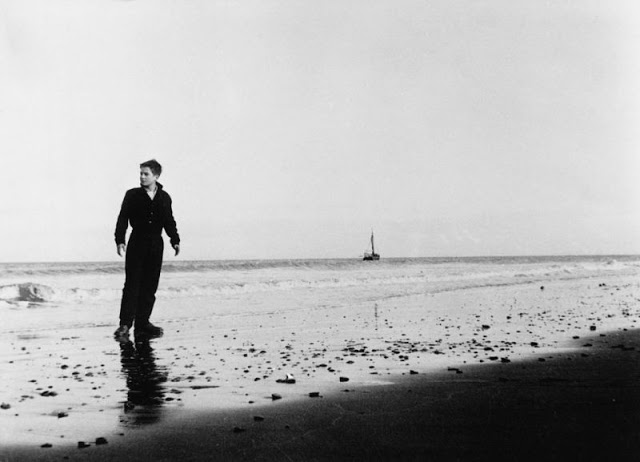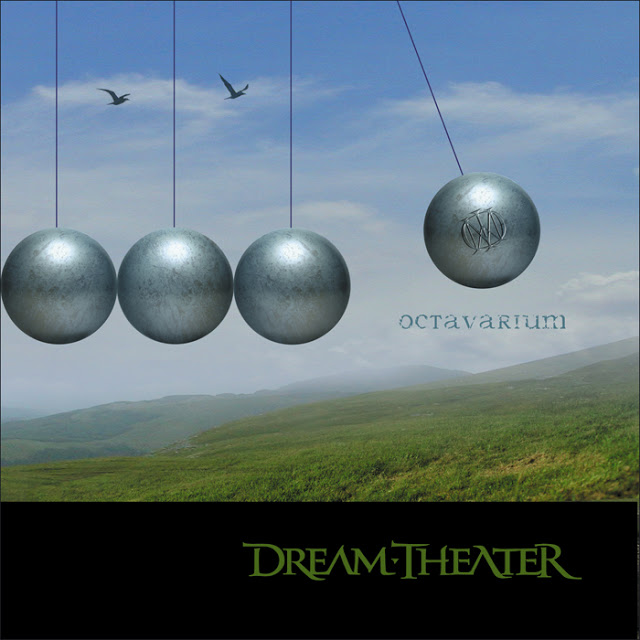
Federico García Lorca (left) and Chilean poet Pablo Neruda
If I could weep with fear in a lonely house,
if I could pluck out my eyes and eat them,
I’d do it for your mourning orangetree voice
and for your poetry that flies up shouting.
For they paint the hospitals blue for you,
and the schools and maritime districts grow,
and the wounded angels are covered with feathers,
and the nuptial fish are covered with scales,
and the hedgehogs go flying to heaven:
for you the tailorshops with their black membranes
fill with spoons and with blood,
swallow torn ribbons, kill themselves with kisses,
and dress in white.
When you fly dressed in peach,
when you laugh with a laugh of hurricane rice,
when you flap your arteries and teeth to sing,
your throat and your fingers,
I could die for the sweetness you are,
I could die for the crimsom lakes
where you live in the midst of Autumn
with a fallen charger and a bloodied god,
I could die for the graveyards that pass at night
like ashen rivers, with water and graves,
between muffled bells:
rivers dense as dormitories
of sick soldiers, that suddenly swell
towards death in rivers with marble numbers
and rotten garlands, and funeral oils:
I could die from seeing you at night
watching the drowned crosses pass,
afoot and weeping,
because you weep before the river of death,
abandoned and wounded,
you weep weeping, your eyes filled
with tears, with tears, with tears.
At night, desperately alone, if I could gather
forgetfullness, shadow and smoke
above railroads and steamships,
with a black funnel,
chewing the ashes,
I’d do it for the tree in which you grow,
for the nests of golden waters you unite,
and for the net that covers your bones
telling you the secret of the night.

Neruda, Lorca and other guests of a party in Buenos Aires (Argentina). 1934
Cities with damp onion fragrance
wait for you to pass singing hoarsely,
and silent boats of sperm pursue uyou,
and green swallows nest in your hair,
and snails and weeks too,
furled masts and cherrytrees
circle definitively when your pale head with fifty eyes
and your mouth of submerged blood appear.
If I could fill the mayors’ posts with soot
and throw down watches, sobbing,
it would be to watch: when at your house
summer arrives with broken lips,
a crowd arrives in death-watch clothes,
regions of sad splendor arrive,
dead plows and poppies arrive,
gravediggers and horsemen arrive,
planets and maps of blood arrive,
divers covered with ash arrive,
masqueraders dragging virgins
pierced with large knives arrive,
hospitals, ants, roots, springs and veins arrive,
the night arrives with the bed on which
a lonely Hussar dies among the spiders,
a rose of hatred and pins arrives,
a yellowed embarkation arrives,
a windy day with a child arrives,
I arrive with Oliverio and Norah,
Vicente Aleixandre, Delia,
Maruca, Malva Marina, María Luisa y Larco,
la Rubia, Rafael, Ugarte,
Cotapos, Rafael Alberti,
Carlos, Bebé, Manolo Altolaguirre, Molinari,
Rosales, Concha Méndez,
and others I’ve forgotten.
Come to what crowns you, youth of health,
gay butterfly, youth pure
as a black lightning perpetually free;
and talking between ourselves.
now, when no one is left among the rocks,
let us speak simply, as you are, as I am:
what are the verses for, if not for the dew?
What are the verses for, if not for this night
in which a bitter dagger finds us out, for this day,
for this twilight, for this broken corner
where the beaten heart of man prepares to die?
Over everything at night,
at night there are many stars,
all within a river
like a ribbon beside the windows
of houses filled with poor people.
Someone they know has died,
maybe they’ve lost their jobs in the offices,
in the hospitals, in the elevators, in the mines;
they endure their purpose stubbornly, wounded,
and there’s purpose and weeping everywhere:
while the stars flow on in an endless river
there is much weeping in the windows,
the thresholds are worn by the weeping,
the bedrooms are soaked by the weeping
that comes in the shape of a wave to corrode the carpets.
Federico,
you see the world, the streets,
the vinegar,
the farewells in the stations
where the smoke lifts its decisiive wheels
toward where there is nothing but some
separations, stones, iron tracks.
There are so many people asking questions everywhere.
There’s the bloodied blind man, and the angry man,
the discouraged man,
the miserable man, the tree of fingernails,
the thief with envy riding his back.
Life’s like this, Federico; here you have
the things my friendship can offer you,
from a melancholy manly man.
Already you’ve learned many things by yourself,
and slowly you will be learning more.
Pablo Neruda
(This poem was written in 1935, a year before Lorca was murdered by the Spanish Nationalistic forces)
 Nude With Onions, Robert Lavigne, 1954.
Nude With Onions, Robert Lavigne, 1954.










































